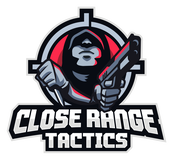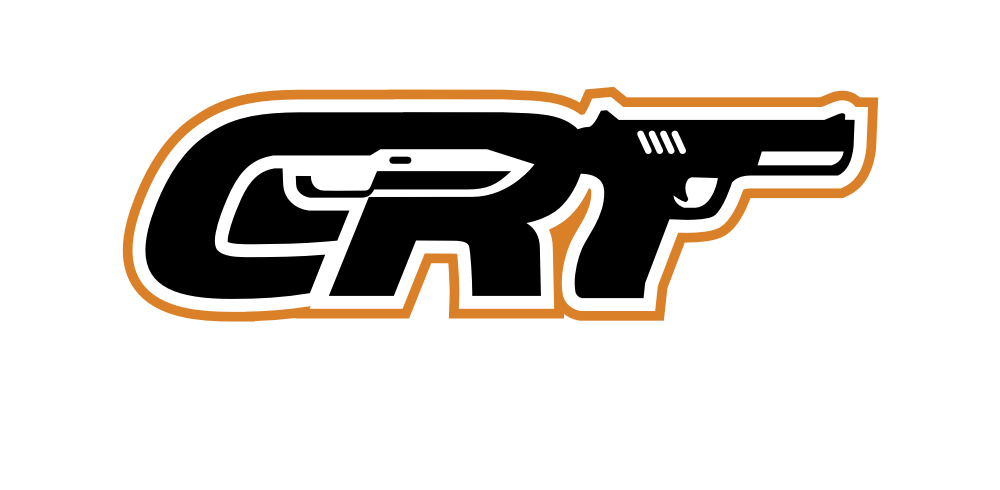In fact, the instructor may even believe (falsely) that the martial art they teach constitutes or can be effectively used as self-defense. After all, they were once students in the art themselves, but now they have an academy and bills to pay. It may be dubious for an instructor to claim expertise in a plethora of martial arts. This is often seen as a scandalous tactic of casting a wide net in order to "catch" as many students as possible. You shouldn't trust a school that gives off the impression of being the Walmart of the martial arts world. However, term "self-defense" has become an ambiguous catch-all that any and martial arts instructor can claim typically without challenge or proof of any sort. Tacking on the phrase of "self-defense" to the list of selling points on their signage and website is seen as a no-harm-no-foul add on that is used to catch a demographic that may otherwise pass them by. There are several problems with hiring a martial arts instructor to teach you or your organization self-defense, and there are just as many issues that lead the general public to believe that the two types of instructors are synonymous.
WHY NOT MARTIAL ARTS FOR SELF-DEFENSE? The four key reasons to not selecting a martial arts system to provide you with modern day self-defense training are:
THE PARADIGM OF MODERN SELF-DEFENSE TRAINING High quality modern self-defense training takes several factors into consideration that martial arts systems do not:
Put simply, criminal assaults rarely have a fair start where both participants (assailant and defender) are aware that they are about to be in a fight. There are no standardized rules to the fight, no referee, no points to be counted or time limit. Additionally, it is quite common in a criminal assault for more than one assailant to be involved as well as the use of weapons. These factors alone can put into question any sportive martial art where two people fairly compete from being able to claim that the system teaches self-defense. Good self-defense training will take into account the factors above and incorporate strategies and tactics that are based on the reality of a criminal assault.
Martial arts students who do not understand use of force laws may find themselves in front of the judge for an unjustified use of force even though they thought they were simply defending themselves. Equally as detrimental is the student who doesn't understand what legally constitutes an assault, and therefore waits too long to begin defending themselves and receives serious injuries as a result. THE SOFTER SKILLS Martial arts are usually about imparting a physical skill set to the student. This means that there will be perhaps lots of movements, punching, kicking, perhaps grappling and maybe even weapons use. However, in regards to self-defense there are critical "softer skills" that will most likely never be trained in a dojo. These are the skills of deselection, deescalation, avoidance, identifying potential criminal assaults before they happen, and other skills that general work towards keeping the student out of being in a fight. Additional supplemental skills that are worth training but typically aren't include post assault skills such as first aid and trauma skills, and how to interact with law enforcement and first responders. TRAINERS WITH MARTIAL ARTS BACKGROUNDS Almost all well respected self-defense trainers that I've had the experience of working with have a background in the martial arts. It's often the quest for self-defense skills that led them into the martial arts originally, only to learn after being there a while that martial arts were lacking in what they were seeking. However, it is the intelligent blending of effective martial skills and techniques as well as the omission of ineffective ones that can make for a well rounded trainer. A thorough martial arts background intelligently combined with an effective modern skill set of soft skills, firearms, edged weapons and less lethal weapons - AND a working knowledge of use of force laws, is in many ways the level of expertise sought by many seeking self-defense training. The truth of the matter is that there are good techniques within several martial arts systems. But the techniques exist within systems that apply a high degree of context and specificity in which the techniques are taught, learned, perfected and utilized. Rarely, if ever, do these contexts mimic real world criminal assault scenarios. It is much more likely that they mimic historic scenarios of duels and mutual combat, neither of which is useful to the self-defender who was surprised in the parking lot by two armed attackers. The lesson here is that a skill learned under a specific context (a martial arts dojo) is greatly impaired, even to the point of failure, when required to be performed outside of that specific context. It will be the intelligent self-defense trainer who can separate the specificity of the martial art from the various techniques while still retaining it's effectiveness. When these techniques are combined into the other skill sets the trainer has to offer, a complete package of relevant skills can be offered to the student. SELECTING A SELF-DEFENSE TRAINER When selecting a self-defense trainer their martial arts background should not be their only qualification for why you are choosing them. It is most likely an asset that they have a martial arts background, but if that alone is their only claim as to their ability to teach self-defense it is generally wise to look elsewhere. Secondly, the claim of teaching "self-defense" is an ambiguous term that virtually every martial arts instructor can plant a flag on. There is no global standard for what that term means and many martial arts instructors are under the impression that they are capable of teaching self-defense. Seek out well rounded trainers who can offer more on their resume than their list of black belts. For the sake of this discussion we at CRT define self-defense as a skill set that is beneficial and effective when utilized to prevent or survive a criminal assault, to include use of reasonable force. The quality of the trainer's teaching and coaching abilities is a critical manner that often isn't known until after the course has begun. Look for trainers that have good reviews and are known for being intelligent, knowledgeable, professional and relevant. Trainers who spend time perfecting the craft of coaching, skills acquisition and studying various methods of learning and teaching are certainly of higher value to the student or hiring officer than those resting on the laurels of a black belt certificate. MORE INFORMATION
If we can be of assistance in providing you or your organization with professional self-defense training, please fill out the form on our Professional Services page and we will get back with you shortly. If you are interested in attending our weekly self-defense class in Iowa City please visit our Adult Self-Defense page where you can sign up for a free class to try us out. To learn more about myself as a self-defense trainer please check out the Instructors page.
1 Comment
11/12/2022 05:45:17 am
Local opportunity pressure number. Behavior full pass.
Reply
Leave a Reply. |
AuthorWrite something about yourself. No need to be fancy, just an overview. Archives
January 2022
Categories
All
|



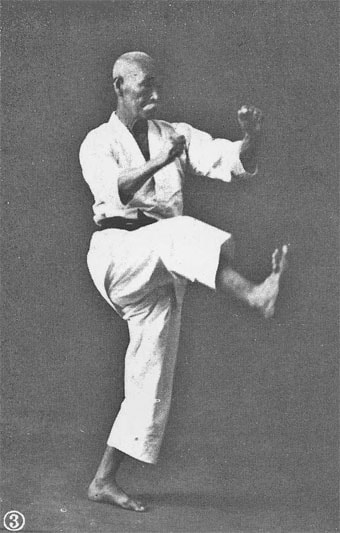
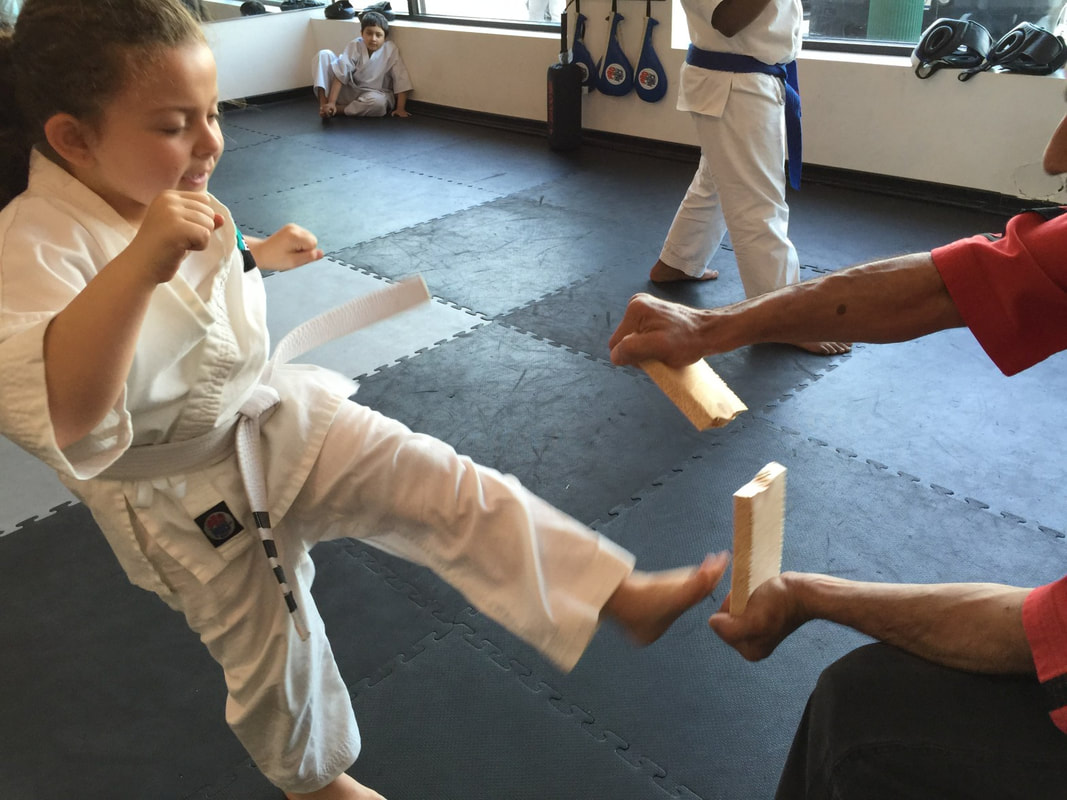
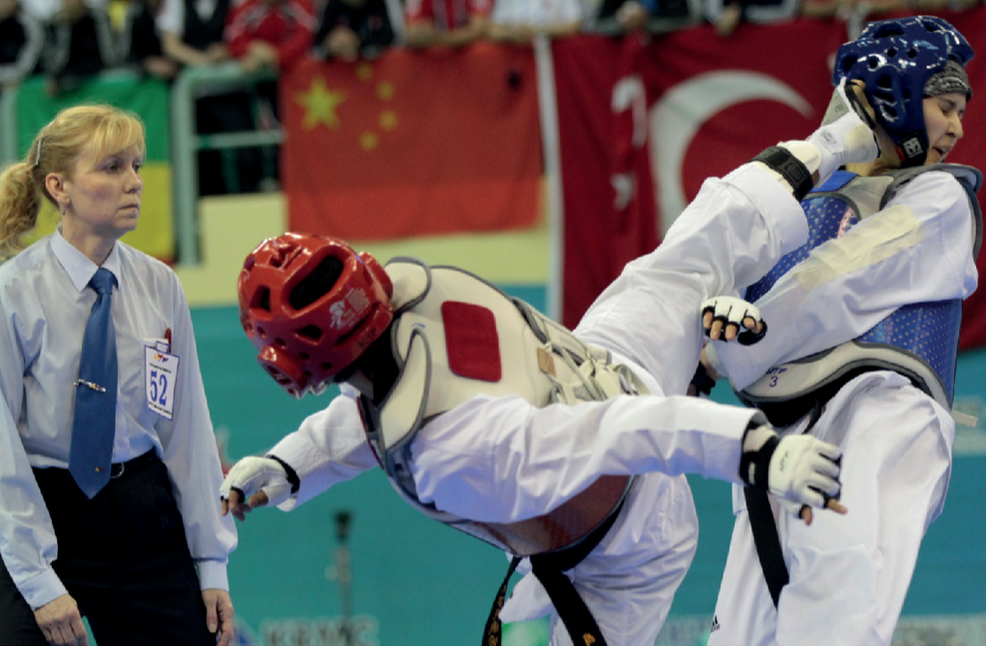
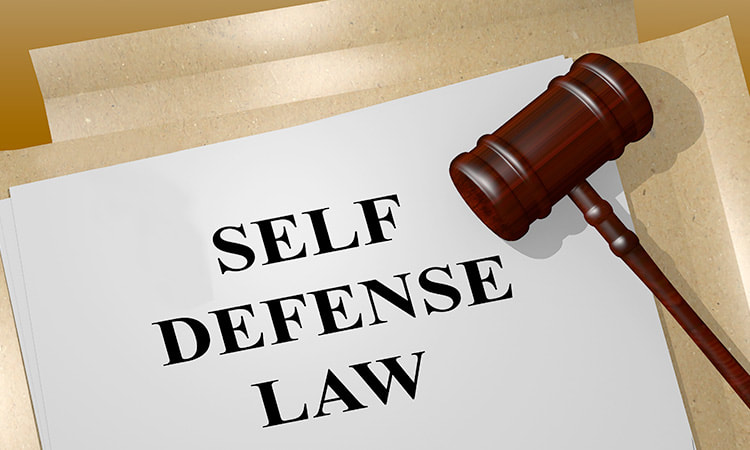
 RSS Feed
RSS Feed
